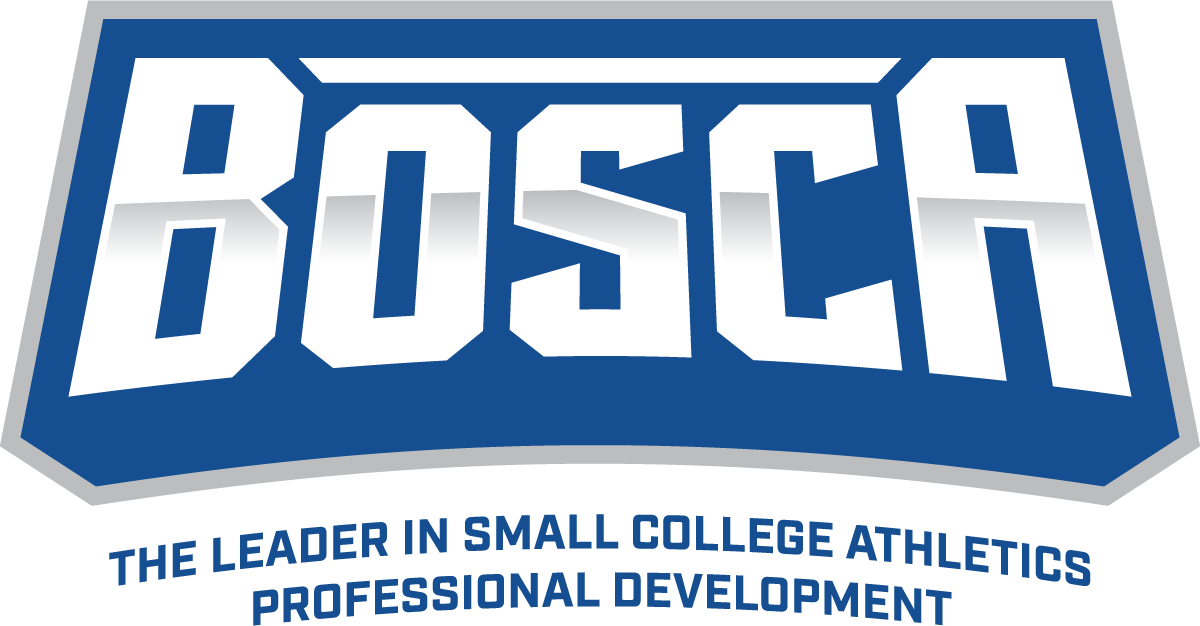The Road to the AD's Chair
Advice on positioning yourself to become an Athletic Director

If you search “How to Become an Athletic Director” on the internet, you’ll be directed to several websites featuring sports management academic programs. Not surprisingly, most of these sites will tell you that the first step to becoming an AD is to get a sports management degree…preferably at their institution! While education is important, my advice is to focus on building relevant experience and a professional network that you can rely on if you want to become an AD.
When I started as an athletic director in 2002, I was the first full-time AD in the conference. My peers all had additional responsibilities as head coaches or academic chairs. As the complexities of the job evolved over the years schools began to realize that it was unrealistic to expect the AD to also have other duties that required significant time and focus. University presidents understood the importance of athletics as a contributing enterprise on campus and the need to make sure that this enterprise was led by an administrator that could maximize results.
Leading an athletic department in the 21st century is an important and time-consuming job. In many cases, athletic departments have grown from 8-10 sports to 20 or more. AD’s must be versatile and possess skills including budget management, strategic planning, human resource management (believe me when I say that this area alone can eat up a lot of time), event management, understanding of compliance and eligibility, fundraising and revenue generation skills, managing conference and national affiliations, enrollment management, and a variety of other areas.
For those that desire to become an AD, there are steps that you can take to build the experience necessary to lead a department. Here’s a look at some of the things that prospective AD’s should consider.
Education – Working in a leadership position in higher education will almost always require you to get an advanced degree. Universities value education and a master’s degree will better position you for leadership. In my opinion, it’s not critical that your degree be in a sports related field (though I will admit that my master’s is in Sports Administration), but it is important that you get one. Likely areas of study to consider would be in Business or Education. For those already working as an Assistant or Associate AD, I urge you to take advantage of tuition remission opportunities at your school and begin work on your Masters.
Event Management – If you work in collegiate sports you’ll attend and manage a lot of games and events. Some of this is a simple as having an intimate understanding of ticket sales, managing concessions, game protocols, etc. More advanced opportunities would include responsibility for managing conference and national tournaments.
Talk to Your AD and Others – If you are currently an Assistant or Associate AD then it’s important that you talk to your current AD to make them aware of your ambitions. Ask them for opportunities to be engaged in other areas and ask their advice for positioning yourself for opportunities to advance. Similarly, reach out to other AD’s or conference commissioners to ask their advice and to make them aware of your professional goals. This is also an effective way to build your network.
Network – The longer you work in college athletics the smaller the world becomes…if you actively work to grow your network. There is an art to connecting with others and it requires thought and effort. Start by being engaged in conference activities and committees, reach out to your peers at other schools, attend national conventions, seek out opportunities for involvement beyond your campus be it service on a national or regional committee, or affiliation with a professional development organization. Utilize social media to follow and connect with other administrators around the country. Social media was a great way for me to make an initial connection and many of the folks that I followed later became close friends.
Sports Administration/Supervision - When I started as an AD I had every head coach report to me. As time went on and we added sports I made the decision to delegate sport administration to my Associate AD’s. Being the direct report for a sport offers an Asst/Assoc. AD great experience and frees up the AD to utilize precious time in other areas. For those that aspire to become an AD, adding responsibilities as a sport administrator to your resume will better prepare you for what’s to come, give you a better understanding of the day to day issues a sport deals with, and make you a more attractive prospect.
Budget Management – University budgets are tighter than ever before. Gaining an understanding of the budget process, and actively managing budgets is necessary experience as you work to become an AD. This includes scholarship budgets in addition to operations. The more thoroughly you understand this process and help manage it on a day-to-day basis the better.
External Relations – These days, the fastest route to the AD’s chair is through external relations. That’s not to say that it’s the only way as there are plenty of AD’s that came up through Sports Information, Compliance, Coaching, or jobs outside of athletics. However, fundraising is a required activity in virtually every collegiate AD job description. As such, the more experience and documented success you can have in this area the better.
Hiring/Human Resources – This was the area that I was least prepared for when I became an AD. I just didn’t grasp that amount of time that I would spend managing, evaluating, goal setting, hiring, firing, etc. While nothing can prepare you for the first time you have to terminate a staff member, it’s important to gain experience in this area. To some extent this will occur as you gain sports administration experience. Any supervisory experience, including overseeing GA’s, will be worthwhile for you.
Professional Development – While you can gain a lot of great experience on your own campus and from peers in your conference, I strongly encourage you to engage in professional development associations and conferences. In 19 years as an AD, I went to the NAIA convention and NACDA every year. When that wasn’t enough, I created BOSCA so that I could get more growth opportunities that spoke to the challenges that I faced at a smaller college. My advice is to not just join an organization but seek to lead it. Join a committee, do the work, become engaged, and help set the future direction by giving back and leading sessions on your own.
I always urge patience to those people who express a desire to become an Athletic Director. Virtually all AD’s start at the bottom and accumulate experience before getting the opportunity to lead a department. Athletic administration is a VERY competitive field and there are many hours of non-glamourous tasks to complete during the “accumulating experience” phase of this journey. Every day that you climb the ladder in this profession is an audition. Make the most of those opportunities to prove your value to your department and to show your capabilities to handle additional duties well.
Don't be so focused on the job that you want that your current job suffers. You'll be counting on a great reference from the folks you work with now, make every effort to impress them and earn a positive recommendation. Beyond that, be strategic and deliberate in how you approach building skills, maturing in the profession, understanding the different functions of the department, and building your professional network. Do so will leave you better prepared, a little less overwhelmed, and make you a better prospect when AD opportunities arise.

